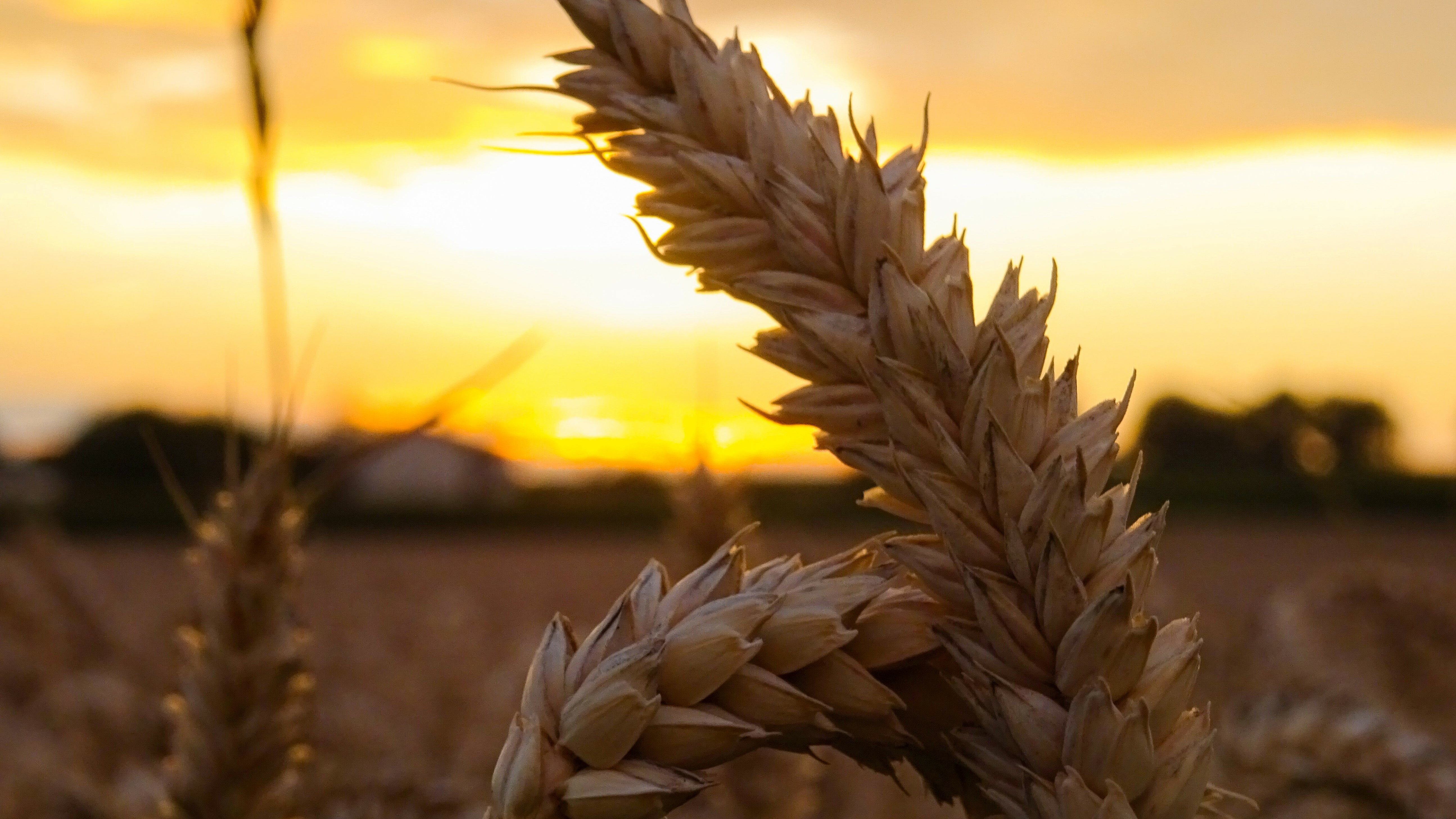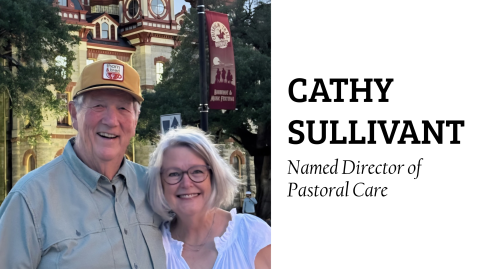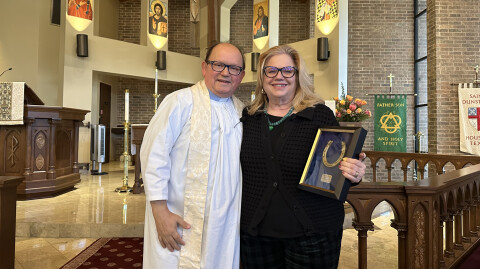In 1 Corinthians 15:20, Paul calls Christ’s resurrection, “the first fruits of those who have fallen asleep.” The New Living Translation puts it this way, “But in fact, Christ has been raised from the dead. He is the first of a great harvest of all who have died.” The idea of offering to God (or a deity) the first fruits of the harvest predates Israel and is well-known to all agrarian cultures of antiquity. The first fruits, believed to be the best of the harvest, were given for the support of the local temple and their priests. Once this offering was consecrated or dedicated to the service of God or deity, the rest of the harvest was considered blessed.
The idea of first fruits developed over the centuries into the idea of the Tithe. Early Christians taught a theology of stewardship that went above and beyond the first fruits of the harvest and included a percentage of all annual earnings. A well-known rule dictated that “the tenth of everything belongs to the Lord.” Under this premise, the tenth goat or sheep belonged to the local temple or church, as the did the tenth chicken, cow, horse, etc. This also included the annual harvest. Tithes were collected throughout the year, but there were also special gifts on designated days, either as memorials, or as extraordinary donations for construction campaigns or specific projects. Farmers in the agrarian community where I grew up, as an example, donated an animal to the local church during the feast of Saint Isidore, the patron saint of the local church. Poor farmers would donate a chicken, wealthy ones a cow or a horse.
Overtime, the in-kind donations, either of first fruits or tithe, became monetized. Faithful Christians began to donate a cash percentage of their annual earnings. The goal was always 10%, and some denominations applied the penalty of excommunication to those who failed to fulfill this command. Most Christian denominations, however, have been historically flexible about this percentage, leaving the amount to the discretion of the believer.
To some, the idea of a 10% tithe feels arbitrary, but there is good Biblical evidence that the Jewish people pledged this amount for the support of the Levites (priestly tribe) and the poor located within the gates of every city. We first hear of the 10% principle in Genesis 14:18-20 when Abram, after rescuing Lot from his captors, gives the priest Melchizedek one tenth of the spoils of war in gratitude for God’s blessings and favor during the conflict. Later, in Genesis 28:16-22, Jacob pledges one tenth of his possessions for the support of the temple at Bethel, “And of all that you give me I will give a full tenth to you." We see dozens of references to the tithe and Temple collections throughout the Old Testament. In the New Testament, we see several authors, especially Paul, James, and Luke encourage the believers to be cheerful givers, to gather-up offerings for churches in distress, and to care for the poor in their midst.
The Episcopal Church has always handled the tithe with soft gloves. We present it as an aspirational goal to strive towards, but we accept whatever offering you pledge for the support and health of the church. We believe stewardship is a spiritual practice that speaks of the content of our hearts and the fruit-producing nature of our faith. For this reason, stewardship is deeply personal. It truly is a matter of your relationship with Christ and the value you place on life in a community of faith. It is also a function of whatever else if going on in your family. There are times when you can give more, and there are times when you must give less. Please know that heaven will not be any closer to you because you give more, or any further away because you give less. God will love you just the same in either case. You do as you feel led, and God will do the rest. In either case, do not let your generosity be controlled by fear. Generosity is a matter of faith and “perfect faith casts out all fear” (1 John 4:18.)
This coming Sunday we will celebrate Commitment Sunday. We ask you to bring your commitment to the office between now and Friday, November 13. We will collect your commitments and bring them to church for you on Sunday. For the 75 of you who can register for church on the 15th, we invite you to bring your commitment to the Altar rail during the offertory. We will have a member of the In His Steps committee walk a basket with all the commitments received by the office during the week, while the choir sings their offertory anthems. The priest will combine the baskets at the Altar rail to the office basket. He will then pray over the commitment cards, the families who presented them, and the ministries those commitments will fund. After this, we will proceed with the celebration of the Holy Eucharist.
Now, some of you may have a few questions: (a) “I am out of state, but I want my commitment presented at Commitment Sunday.” If this is you, just send a confidential email to Laurie Riggs at the office . She will use that e-mail as your commitment card. She will then place it in an envelope and add it to the basket. (b) “I don’t know how much I will be able to give this year because I am waiting for additional information from job/investments/other.” If this is you, just commit to whatever you can (best guess) and submit it. You can always amend your commitment later, either increasing or decreasing it as may be necessary. (c) “In addition to a commitment, I want more information about adding Saint Dunstan’s to my legacy planning or life insurance policy. I want to have a conversation with someone.” If this is you, please contact Fr. Roldan, Rod Leis, Manette Maddox, or Laurie Riggs for additional information. Our numbers can be found in your Parish Directory. (d) “I want to give, but first I want to hear Fr. Roldan’s vision for the church and all of our ministries.” If this is you, please call me directly at my cellphone, 225-245-2979, or at the office, 281-440-1600. I would love to have a conversation with you.
Please know that we are praying for you during these times of prayer and discernment. As I said in my letter, I believe our best years are ahead of us. With your support and love we will walk confidently into a glorious future God has already prepared for us.
Blessings,
Fr. Roman+





